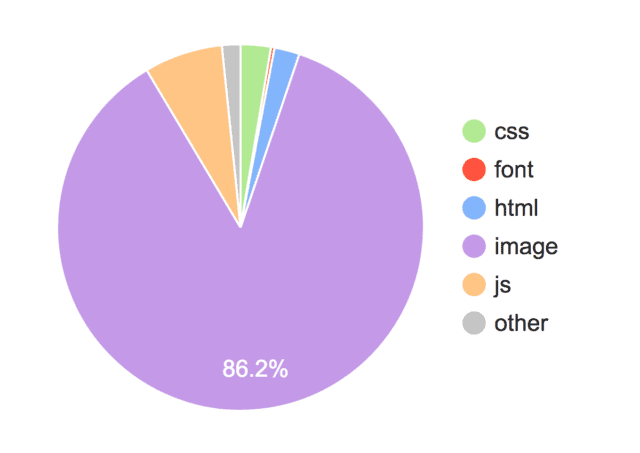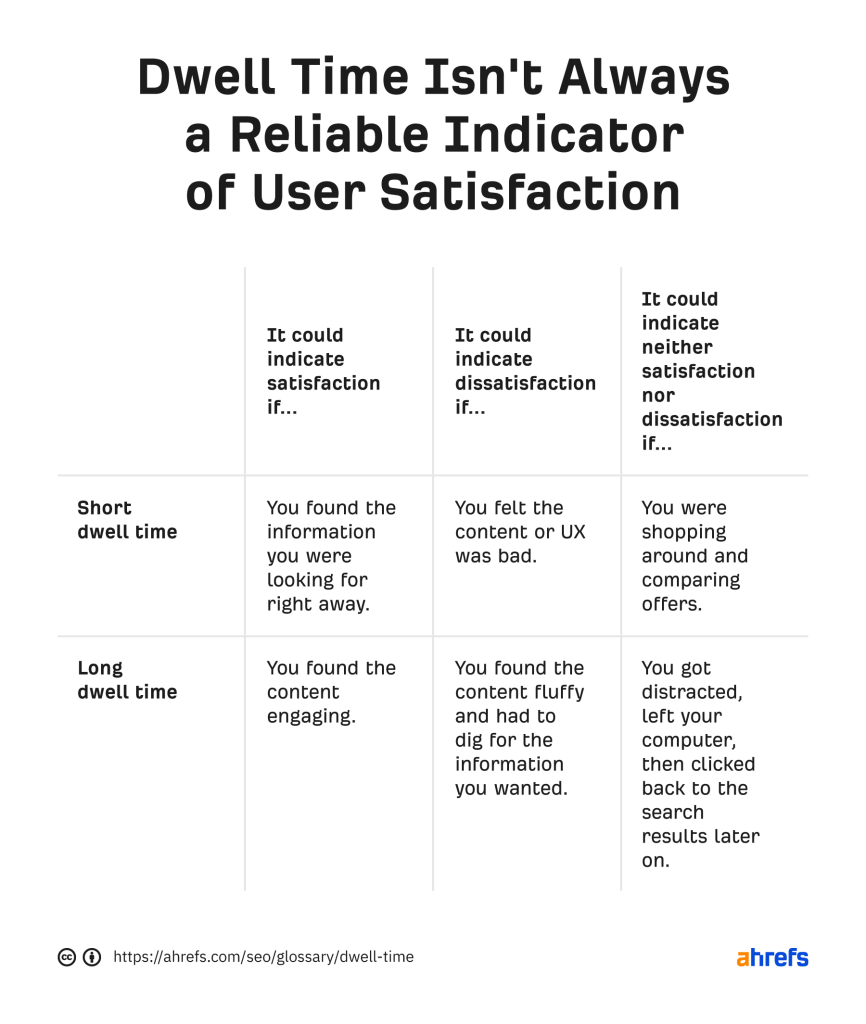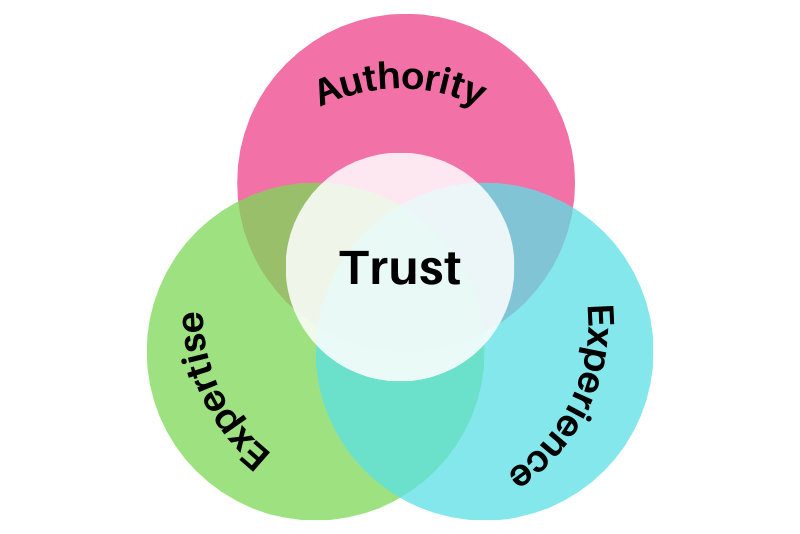When it comes to SEO, there are myriad factors that affect search engine rankings—from keyword usage and content quality to site speed and backlinks. Even experienced bloggers and SEO experts can feel overwhelmed due to the changing nature of search engine algorithms, making it challenging to stay ahead of good SEO practices.
In this article, let’s look at some key factors that will help you ensure that your blog posts reach their potential audience through increased visibility on search engines.
11 Crucial Google SEO Ranking Factors
1. Page Speed
Time is one of the factors that can affect SEO. Pages should load quickly and be easy to navigate in order to provide a good user experience. Visual elements on your page can affect the speed of the page, so make sure to keep them minimal.

Sometimes unnecessary plugins or scripts can also make your page slow, so try to avoid using them as much as possible. But as you can see images takes up 60-90% of a page size. So the more that you can compress your images, the faster your page will load.
2. Mobile-Friendliness
As mentioned above, having a mobile-friendly design for your blog posts is essential these days as more and more people are using smartphones to access online content.
Make sure that your blog posts are optimized for mobile devices in order to provide a better user experience. This will help search engines understand the content of your page better and can help your page rank higher in SERPs.
3. User Experience
User experience is also a major factor that can affect SEO. Pages should provide a good user experience in terms of navigation, speed, and design.
If users find your pages to be slow or difficult to navigate, they will not stay on the page for long and this could potentially hurt your rankings. So make sure to keep your page optimized for users in order to provide a good user experience.
4. Dwell Time
Dwell time is the amount of time a user spends on your page. Search engines take this into consideration when ranking pages and prioritize content that people tend to stay longer on.
So make sure to include interesting and engaging content in your blog posts so that readers will spend more time on your page.
But dwell time doesn’t always correlate with user satisfaction. The table below illustrates why.

5. Optimised Keyword Content
Optimizing your keyword content is essential in order to rank higher on search engine results pages. It is important to use keywords in your content that are relevant to your topic and also used by users in their searches.
But remember, keyword stuffing is not a good practice, so use keywords naturally throughout your content.
Using relevant keywords in the title, meta description, and URL of your blog post is also important for SEO. Make sure to do proper keyword research and use these keywords appropriately so search engines can understand your content better.
6. Quality Content
When it comes to SEO, the quality of content matters more than anything else. Search engines prioritize content that is interesting, informative, and well-written. Make sure to create high-quality content that provides value for readers so your page gets ranked higher in SERPs.
7. Links
To determine the authority of your website, search engines consider the number of inbound links. When a high authoritative site includes a link to your page, it implies that your page is trustworthy and should be ranked higher in SERPs.
In addition, internal and external linking can also have a positive effect on SEO. Internal linking helps search engines understand the structure of your website better while external linking shows readers more sources of information related to the topic they are interested in.
8. Content Freshness
Search engines favor fresh content, so it’s important to regularly update your blog with fresh and high-quality content.
Make sure to use relevant data points in your blog posts that are up-to-date and accurate. This will help search engines understand the content of your page better and ranks it higher in SERPs.
Also, try to keep your content relevant to the topic you’re discussing. Search engines are able to identify if the content is relevant and will give your post a higher ranking in the search results.
9. Social Media Presence
Having a good social media presence can have a positive effect on SEO. Posting content regularly and engaging with followers can help build up your website’s authority and improve its rankings in SERPs.
Links shared on social media can also help you drive more traffic to your website and this could potentially help your SEO as well.
10. Index Date
The index date is the date when a web page was first indexed by search engines. It is important to keep your content up-to-date and regularly updated as search engines prefer fresh content over the old content.
Regularly updating your blog posts will help keep them relevant in SERPs and it can also improve their rankings.
11. Site Security
Do you know the difference between http and https? HTTPS (Hypertext Transfer Protocol Secure) is the secure version of HTTP and it helps protect data sent between servers and web browsers. Search engines prefer websites with an SSL certificate since they are seen as more trustworthy and reliable.
So to improve your SEO, make sure to switch over to a secure website host that provides an SSL certificate. This can help you rank higher in SERPs and also provide a better user experience for your visitors.
By following these SEO tips, you can ensure that your blog posts are optimized for search engines and rank higher in SERPs. So make sure to keep these factors in mind when creating content and optimizing your blog posts.
What is E-A-T?
E-A-T stands for Expertise, Authority, and Trustworthiness. It is a set of principles put forth by Google to help assess the quality of websites. The E-A-T criteria focus on assessing the expertise of authors, the authority of web pages, and the trustworthiness of websites in order to provide users with the best possible experience.
When it comes to SEO, E-A-T is not a direct ranking factor, but it does play a role in improving the quality of websites.
So when creating content, make sure to focus on providing value and ensuring that your website is authoritative, trustworthy, and relevant to readers. This can help boost your SEO rankings over time.
What is the new E-E-A-T?

E-E-A-T stands for Expertise, Experience, Authority, and Trustworthiness. It is an extension of the original E-A-T criteria put forth by Google to further assess website quality.
In addition to assessing the expertise and authority of content creators or web pages as previously stated in the original criteria, this new set also focuses on assessing the experience of web page authors and the trustworthiness of websites.
This new set of criteria is a result of Google’s effort to improve user experience by providing more accurate search results. So when creating content, make sure to focus on quality, relevance, and accuracy to provide readers with the best possible search experience.
Conclusion
By following these SEO tips and focusing on E-E-A-T criteria, you can ensure that your blog posts are optimized for search engines and rank higher in SERPs. So make sure to keep these factors in mind when creating content and optimizing your blog posts.
With the right SEO strategies and techniques, you can help your blog posts gain visibility and traffic from search engines. Good luck!

